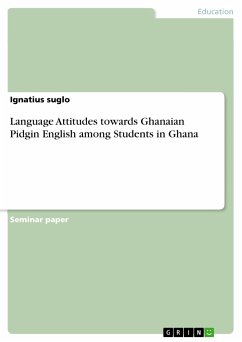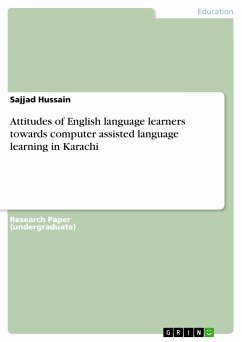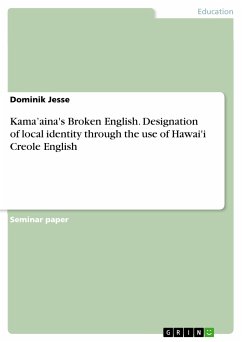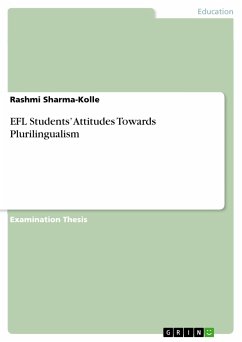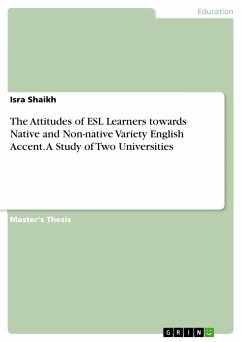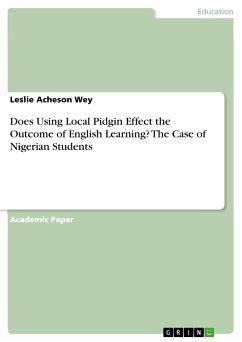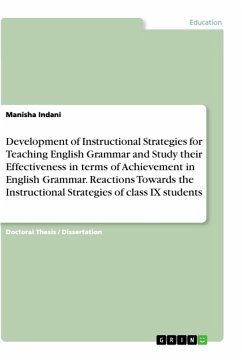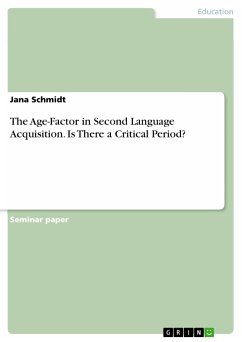Seminar paper from the year 2012 in the subject Didactics for the subject English - Pedagogy, Literature Studies, grade: 15, Justus-Liebig-University Giessen, course: English in Africa, language: English, abstract: Language attitudes are the feelings people have about their own language or the language(s) of others. Daily, we tend to form our opinions about others from the way they speak. Our attitudes to different varieties of a language colour the way we perceive the individuals that use those varieties. In the Ghanaian society, there are basically two distinct varieties of English besides the standard Received Pronunciation (RP) and American English; these are the Standard Ghanaian English and GhaPE. The social distinction for the users of these varieties has for a long time been educational status. Whereas StGhaE was associated with the educated, the non- standard, GhaPE was associated with the uneducated class of the society, who were often seen as a class that struggled to express themselves in English against all odds. Observing the Ghanaian society today, there seem to be a gradual attitudinal change especially among students in the second cycle and tertiary institutions towards the perceived non-standard of English, Pidgin. Pidgin English has been seen as a preserve of the uneducated and frowned upon by the schooled class. Recent development, however, shows the active use of a variety of Pidgin among students in Ghana. Huber terms it as an educated variety of Pidgin1 which he distinguishes from the uneducated variety, while Dako (2002) calls it Student Pidgin.
Dieser Download kann aus rechtlichen Gründen nur mit Rechnungsadresse in A, B, BG, CY, CZ, D, DK, EW, E, FIN, F, GR, HR, H, IRL, I, LT, L, LR, M, NL, PL, P, R, S, SLO, SK ausgeliefert werden.

